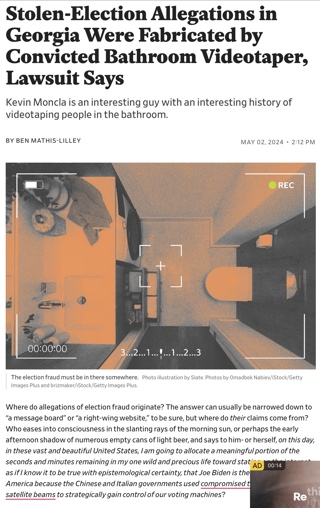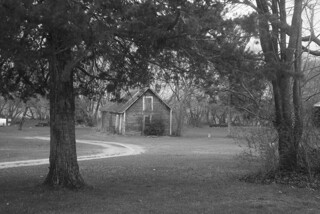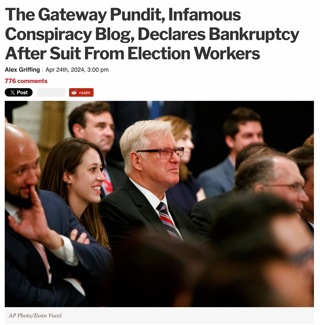Historians Say WTF to Michelle Bachmann
So, historians are a quiet bunch. We don’t make headlines. We don’t involve ourselves in modern politics in obvious ways (unless you study historiography, which you can do, but, unless you are a historian, you’ll probably find it incestuous. Or something.) And we just don’t comment on contemporary political discourse.
That said, occasionally we just…well, can’t help ourselves. Like when Bachmann “speechifies” about the founding fathers. Mythmaking is one thing. Blatant lying is another.
Thank you Boston 1775 for taking on ahistoricism. :)
And the first comment (aka “jen” is mine).











